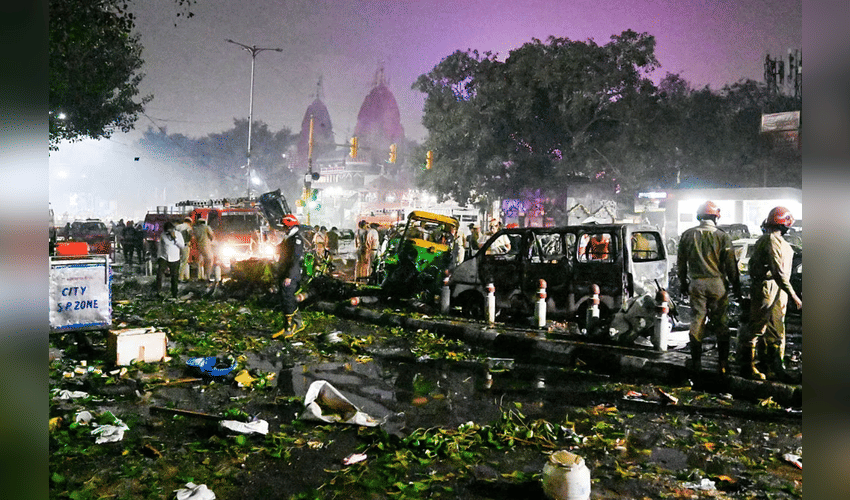News
Explosions in New Delhi and Islamabad Heighten India-Pakistan Tensions

Two devastating bomb blasts in the capitals of India and Pakistan within a span of just days have thrust the already fragile region into a state of heightened alert and anxiety. These attacks, which occurred almost back-to-back, have rekindled fears of escalating conflict between the two nuclear-armed neighbors, echoing underlying tensions that have simmered for decades.
The first explosion on Monday in New Delhi sent shockwaves through the Indian capital, killing at least eight people and injuring more than a dozen others. The blast took place near a prominent historic site, jolting a city that had largely remained untouched by major terror attacks in recent years. Indian investigators quickly launched a terrorism probe and detained several suspects in the contested Kashmir region, signaling the attack’s serious implications. The driver involved was identified as a local resident linked to a larger terror network allegedly spanning multiple states, indicating an organized and sophisticated threat.
Less than 24 hours later, Islamabad, Pakistan's capital, experienced a suicide bombing near a judicial complex, killing at least twelve people and injuring over twenty. Many victims were court attendees or bystanders, compounding the tragedy's impact on everyday civic life. Pakistani authorities were swift to blame India-backed elements and militant groups operating from Afghanistan, accusing New Delhi of orchestrating "state-sponsored terrorism” in the region. Pakistan’s defense minister declared the country to be in a “state of war,” highlighting the gravity of the situation and framing the attacks as part of a broader, ongoing cross-border struggle.
While direct links between the two blasts have not been confirmed, the timing and political messaging from both sides have exacerbated mutual suspicion. India faces internal pressures amid rising nationalist sentiment to take decisive actions if Pakistani militants are implicated, while Pakistan accuses the Afghan Taliban and India of fomenting unrest from across its borders. These incidents occur just months after a deadly cross-border military clash related to Kashmir that resulted in significant casualties and deepened hostility.
The international community watches apprehensively as the risk of full-scale escalation looms. The recent string of violence underscores the fragility of peace in South Asia and the challenges of addressing terrorism and militancy within the complex geopolitical landscape. Both nations face the urgent need to navigate this crisis with restraint, lest an isolated incident spiral into broader conflict.
The sequential blasts in New Delhi and Islamabad — marked by tragic loss of life and amplified accusations — have reignited long-standing tensions, forcing the region into a precarious state of alert. Their aftermath offers a stark reminder that while overt warfare has been avoided in recent years, the undercurrents of mistrust and militant activity remain potent and volatile, with serious implications for regional security and civilian safety.



